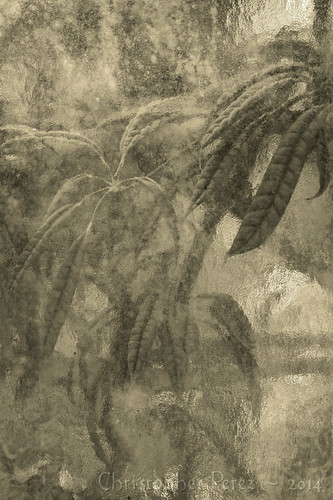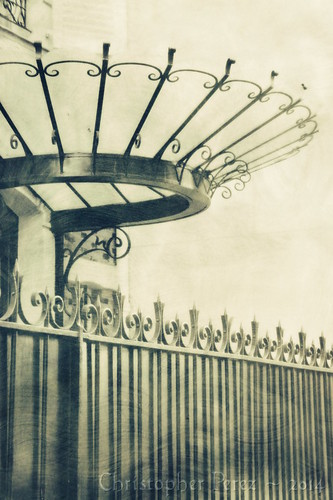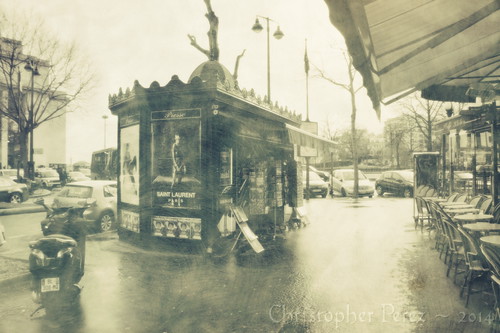I've often said that the costs of medical care drove us out of the US to resettle and live in Europe.
It doesn't take long for a person interested in such topics to find the relevant supporting data. Here is a post from today on ZeroHedge. Cutting to the chase:
"...a recent study by the Commonweath Fund, looking at how the US healthcare system compares internationally, finds, "the U.S. fails to achieve better health outcomes than the other countries, and as shown in the earlier editions, the U.S. is last or near last on dimensions of access, efficiency, and equity." In other words: most expensive, yet worst in the developed world..."
For what we were paying in monthly insurance premiums in the US we can rent an apartement somewhere outside the city of Paris AND pay our European insurance premiums.
What more needs be said?

It doesn't take long for a person interested in such topics to find the relevant supporting data. Here is a post from today on ZeroHedge. Cutting to the chase:
"...a recent study by the Commonweath Fund, looking at how the US healthcare system compares internationally, finds, "the U.S. fails to achieve better health outcomes than the other countries, and as shown in the earlier editions, the U.S. is last or near last on dimensions of access, efficiency, and equity." In other words: most expensive, yet worst in the developed world..."
For what we were paying in monthly insurance premiums in the US we can rent an apartement somewhere outside the city of Paris AND pay our European insurance premiums.
What more needs be said?





